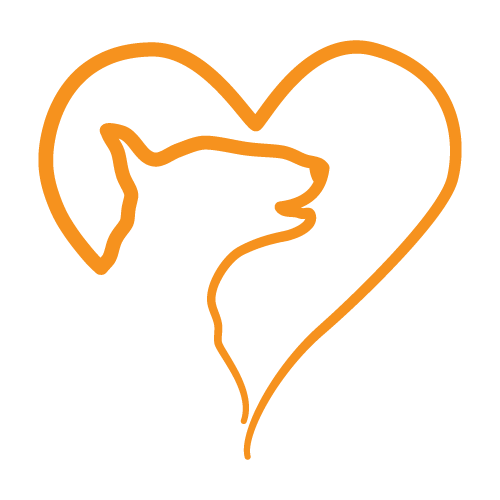Puppy biting and mouthing
Welcome back if you are returning and if not, where have you been all my life?
This post is all about puppy biting and mouthing and a quick tip on how to reduce it and is aimed at pups fresh out of the packet, say between 8 and 14 weeks old.
If you have a puppy already, chances are you've discovered how delightfully sharp their deciduous baby teeth are already. Those tiny needle like knashers are designed to shred and tear, and man do we feel them! It's crucial to get bite inhibition well under way before their permanent teeth erupt, and teaching your puppy how to do this in the way that they best learn while they are still in the neural hardwire stage before around 18 weeks otherwise known as the 'sensitive socialisation period', will set them up to succeed. Now there's a lot of misconceptions and theories out there about how best to do this, including some inhumane and outdated stuff, but I have found through experience of teaching hundreds and hundreds of puppies and their owners that there is something very simple you can do to teach puppy not to put teeth on skin. Ready for it folks? You may want to sit down, though as it's super easy and may surprise you...
Whatcha got Jovie?
STOP, DROP AND ROLL
Short term - If puppy puts teeth on skin, stop what you were doing immediately, wait a few seconds to see if puppy responds by making a good choice then carry on as you were. If they choose not to nip, calmly praise them. Good pupper!
If they nip, bite or mouth again, drop (put your arms into your sides if safe to do so) and if they go to bite you again, roll on out of the way (and redirect onto a toy.
I would avoid where possible, yelping or telling them off, because making a puppy feel guilt or shame for something they don’t understand is unfair although sometimes it hurts, and we can’t help it so try not to get too caught up on this but if puppy learns early enough that’s nipping gets attention or excitement (even us yelling at them or smacking on the nose or screeching or flapping hands or running away are potentially rewarding to a puppy), it can become tricky later in life and can even become a frustration outlet for them. I’ve had some behaviour cases where the owners have accidentally mismanaged the play bites and the dog would redirect onto them when they didn’t get their own way as an older dog which is not appropriate, even more so if there are young children in the home.
Now, this is a bit of a controversial thing, I USED to advise to leave the room if puppy bit me more than once and indeed this could work, but we want to establish skills not separation and you leaving a room can be painfully distressing to the puppy, especially if they already find you leaving them upsetting. So instead, ensure you have plenty of age appropriate toys (especially flat ones and nothing harder than their teeth) nearby that you can either direct them towards the toy, teach them to fetch a toy as they physically can’t nip and hold a toy at the same time and reward them for getting their toy with a little play or gentle encouragement to interact with their toy on their own.
If pup bites again assume they either need a rest or a nap, the bathroom, or maybe they are hungry (or hangry as some call it!), see if pup needs the toilet or a rest or a small snack. If they don't need those things give them something quiet and calming to occupy themselves such as a stuffed chew toy or other interactive but non exiting activity they are safe to do on their own, while you make a gin and tonic or other imbibement of your choice.
Long term - You can prevent risk of nipping, biting and mouthing by keeping play sessions short and thereby reducing over arousal, stop before pup gets bitey.
Teach children and others how to behave around puppy so that they don't over stimulate the puppy. If puppy launches themselves you while you are not paying them attention, remember puppies learn very quickly how to get attention and so learn how to pay them for DOING NOTHING and puppy will learn by the magic of associative learning to do more of what gets rewarded, e.g. him doing nothing (basically when he chooses to go lie down on his own accord when the children are around. Teaching him to move away from mobile children can help minimise arousal nipping occurring in the first place.
Even better, teach them automatic self regulation if they are young enough. My colleague Jane Killion calls attention as a behaviour the mother of all behaviours and is literally one of the best things you can teach your puppy. Click here to find out how (link sends you to their site with in site purchases, I do not earn a fee from this link).
Stereotypical biting (i.e. from dog that naturally nip at ankles such as heelers, collies) need slightly differently training in my opinion, as it’s not really puppy biting, so do contact a professional for help with this.
If you liked this one, let me know. Share with your friends and hit subscribe!

